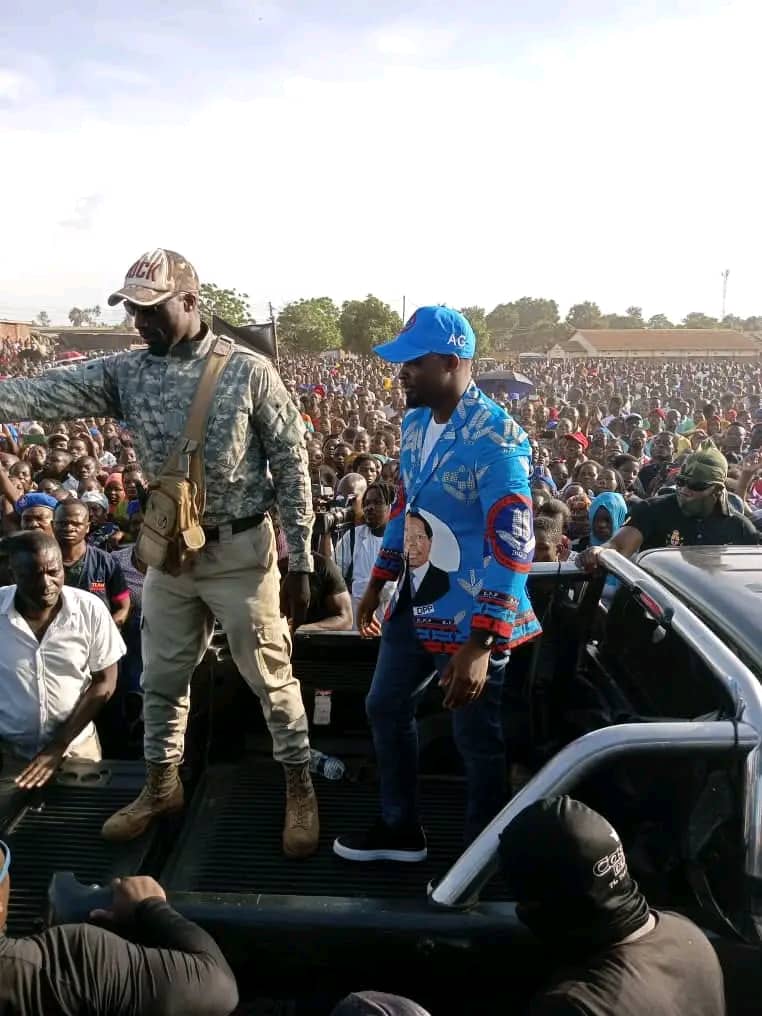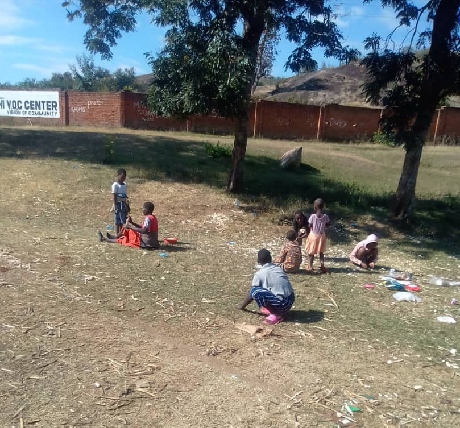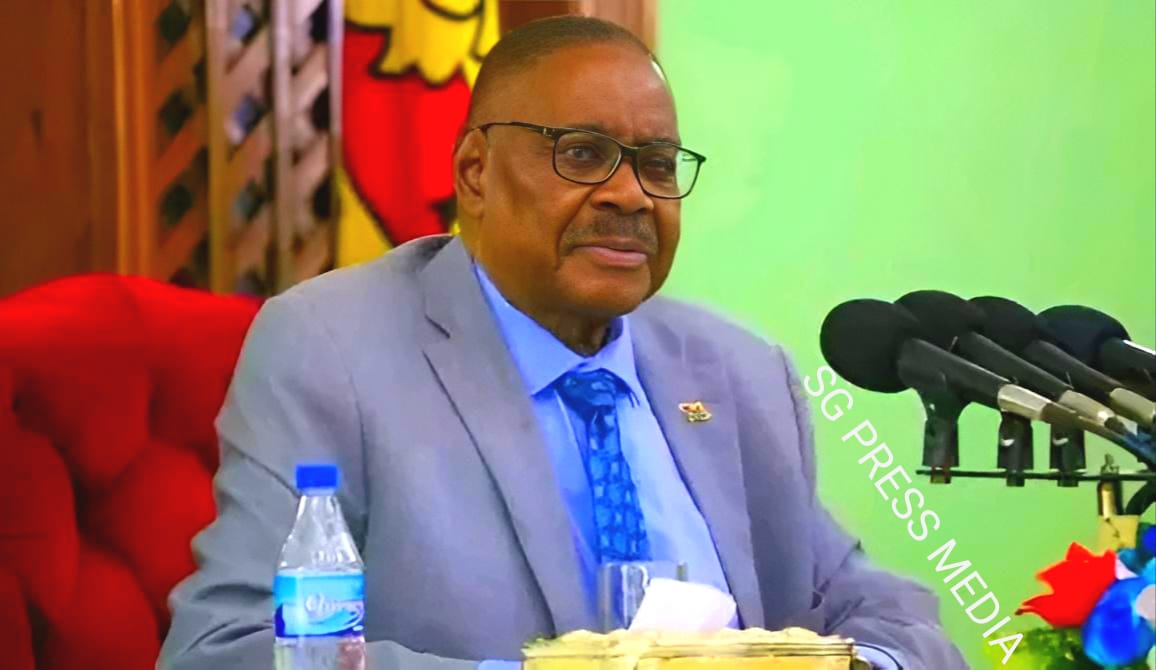By Burnett Munthali
Alfred Gangata, Vice President for the Central Region, and Chimwemwe Chipungu, a Presidential Advisor, are leading the Democratic Progressive Party’s (DPP) strategic push in the Central Region. The campaign aims to solidify the party’s base while disproving recent Afrobarometer survey results that suggested waning support for the DPP in the region.
The Afrobarometer survey, which gauged political support and voter sentiment across Malawi, appeared to cast doubts on the DPP’s influence in the Central Region. However, Gangata and Chipungu are on a mission to demonstrate that the party remains a formidable force.
Speaking at various rallies, Gangata emphasized the DPP’s commitment to addressing the region’s pressing issues, including infrastructure development, youth empowerment, and economic growth. “We are here to remind the people that the DPP has always delivered, and we are ready to take Malawi back to the path of progress,” he said.
Chipungu, echoing the sentiment, urged supporters not to be swayed by surveys or opposition narratives. “The Central Region remains a key battleground, and the DPP is stronger than ever,” he declared, rallying crowds to support the party’s vision for 2025.
The campaign has focused on mobilizing grassroots support, with rallies held in key constituencies to engage voters directly. Youth Director Norman Chisale has also played a pivotal role, encouraging young people to register to vote and actively participate in shaping the country’s future.
Through these efforts, the DPP is working to discredit claims that it has lost traction in the region. By connecting with the electorate and addressing their concerns, the party aims to solidify its position as a leading contender in the upcoming elections.
As Gangata, Chipungu, and other DPP leaders intensify their efforts in the Central Region, the party’s ability to regain its stronghold will be crucial to its overall strategy for the 2025 elections. The rallies have so far shown that the DPP is determined to prove its critics wrong and re-establish its influence in Malawi’s political landscape.




